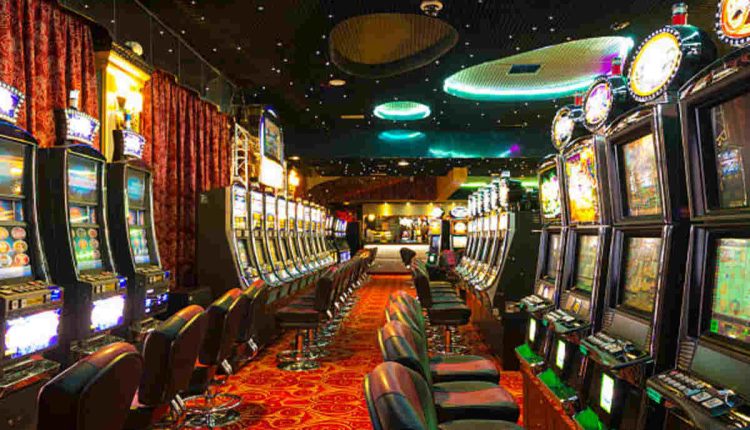A player or banker receives two face-up cards from a dealer, who then announces the value of each hand; those whose point total is closest to nine win the hand competition. The Interesting Info about 888starz aplikacja.
Before play begins, one player bids their risk-taking limit and is then appointed as the banker; all other players may then place wagers either way on either hand of play.
Game rules
One player may choose to be the banker during each game; all other players must place bets with that banker player taking on the role of dealing, and any observers may also place wagers against his hand if desired.
Two cards are drawn from a shoe and distributed to both the player and banker sides before being announced by the dealer as point counts for both hands. A “natural” occurs if either hand has eight or nine points and no further cards need to be drawn; otherwise, another card may need to be added, though zero, one, or two counts drawn; with 3-4 counts, it stands.
If the player’s hand is closer to 9 than that of the Banker’s hand, all bets on it are paid, and all bets placed on the Player are returned. Although betting on a Player has a lower house edge than betting on a Banker and does require an extra bet from bettors, past wins or losses do not impact future hands in any way; it is also important to remember that Bankers must draw 0 through 2 only when holding natural 8 or 9 hands. Otherwise, it must stand.
Bets
Once your stakes have been decided upon, a dealer distributes two cards to both hands. The player and banker hands are compared in terms of value to determine which has come closer to nine, and the money is awarded accordingly according to the table overleaf. Minimum bets vary between casinos, but $20-$25 is often the norm.
Betting on the banker offers better odds than betting on players, though there remains a house edge of approximately 1.24% as casinos or houses collect commission on winning banker bets – it is, therefore, best to avoid tie bets as much as possible.
French Roulette features players as the bankers, adding more strategy than an RNG-based version. A croupier still determines whether a banker should draw or stay based on any cards drawn to players and announces either the Player wins; the Banker wins, or the tie (egalite). Bets on Player or Banker are paid out even money, while those on a Tie pay 8-1 due to its built-in house advantage, making this bet riskier.
Payouts
Payouts for player and banker hands are calculated using simple percentage calculations. A player’s hand wins when it is closer to nine than its banker counterpart; odds of victory range between 8:1 and 9:1. Both player and banker hands receive two cards from a shoe, and after being read aloud by the dealer, the outcome may either be player victory, banker victory or tie status.
Bets may be placed on both player and banker, although not necessarily directly opposite each other on the table. Players bid for who will serve as a banker until that position has been filled or until either party has relinquished it.
In general, bankers’ hands offer lower house edges than player hands; however, casinos and houses will take a 5% commission for any winning bets on bankers’ hands.
Some casinos provide additional side bets on royal or unsuited royal matches or Bellagio Matches that pay out at 30:1 and 75:1, respectively; both bets may seem long shots but do pay out if hit! Furthermore, old-school casinos allow bets on Natural 8s that pay out an even higher payout of 9:1. Both player and banker hands receive fixed payouts of 8:1 when either hand hits this combination of natural eight or nine cards.
Variations
There are various variations of the player-banker casino game available today, from those adapted from traditional Punto Banco to games featuring different rules and bets and even smaller tables for play. Players and banks compete against one another, and the winner receives a payout according to an established table of odds; winning banker bets also offer higher rates if there’s a tie outcome in hand.
Chemin de Fer is a classic variation of the game, as seen in many James Bond movies. Players bet against each other without the assistance of a croupier. Banker status rotates clockwise among players throughout the play. When play begins, the banker announces how much they are willing to wager. Subsequent players then declare whether they wish to “go bank,” meaning play against that same bank with similar bets.
Another variation, known as Baccarat Banque, follows similar baccarat rules but allows each player to serve as the banker at least once during each round. Hands totaling five or fewer can choose whether to draw additional cards totaling five. A winning player’s hand must beat out that of the banker by an even wider margin than just tying.


